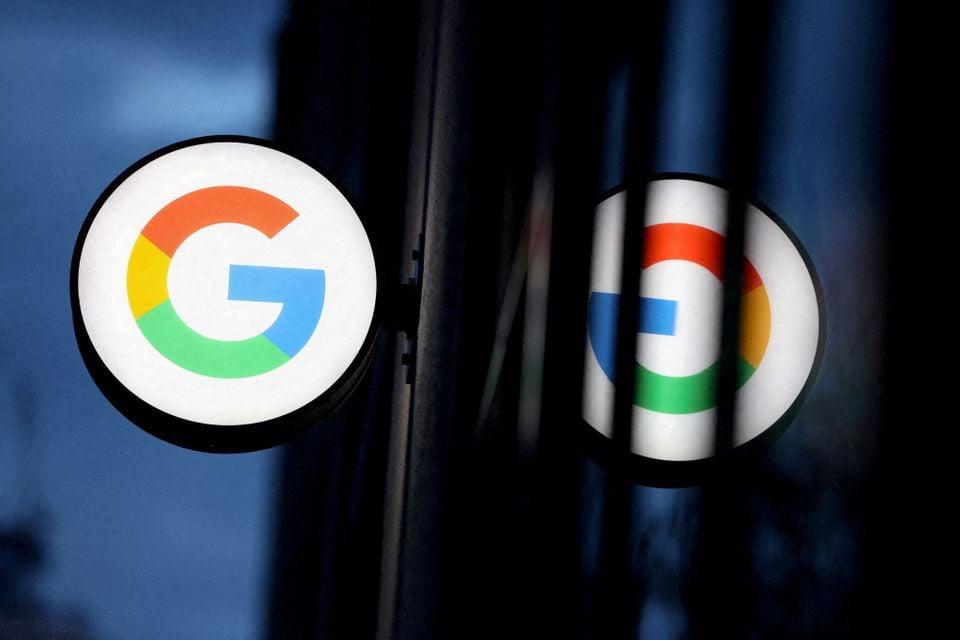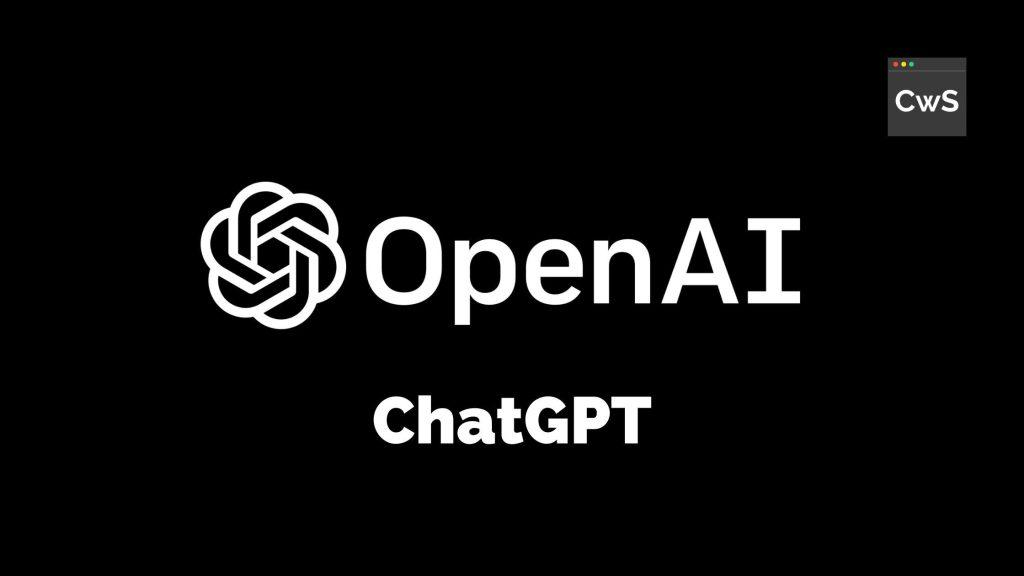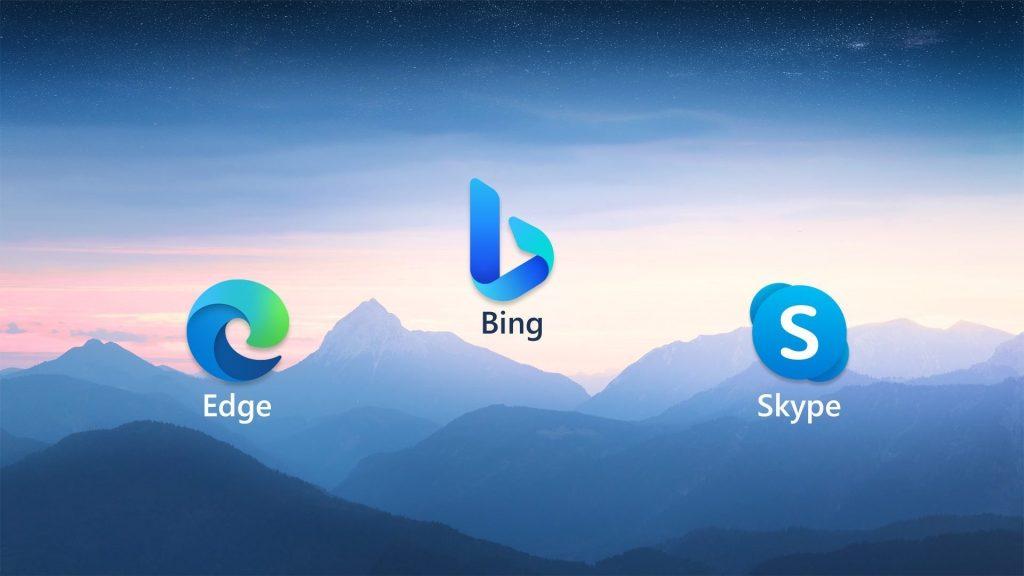A U.S. appeals court on Thursday reinstated a software engineer’s proposed class action against Meta Platforms (META.O), alleging the company refused to hire him in favor of foreign workers who accept lower wages.
The 9th U.S. Circuit Court of Appeals in San Francisco, in a 2-1 ruling, determined that a Civil War-era law prohibiting discrimination in contracts based on “alienage” extends to bias against U.S. citizens. The decision overturns a California federal judge’s dismissal of the lawsuit by Purushothaman Rajaram, a naturalized U.S. citizen who claims Meta discriminates against American workers by favoring cheaper visa recipients. Rajaram seeks to represent a class that includes thousands of workers.
Meta, which owns Facebook, Instagram, and WhatsApp, did not immediately respond to a request for comment but has previously denied wrongdoing in court filings, arguing that Rajaram failed to demonstrate an intent to discriminate against U.S. workers. Daniel Low, Rajaram’s attorney, highlighted the significance of the ruling in addressing bias against U.S. citizens in the tech industry, anticipating an increase in similar lawsuits aimed at ending such practices.
The 9th Circuit’s decision, which conflicts with a 1986 ruling by the New Orleans-based 5th Circuit, increases the likelihood that the U.S. Supreme Court may take up the case if Meta appeals. This development could have substantial implications for plaintiffs in cases across California and the eight other states under the 9th Circuit’s jurisdiction, as Section 1981 of the Civil Rights Act of 1866 does not impose caps on damages and does not require plaintiffs to exhaust administrative remedies before suing, unlike Title VII of the Civil Rights Act of 1964.
In recent years, groups have increasingly invoked Section 1981 to challenge companies’ diversity efforts and hiring practices related to foreign visa workers.














